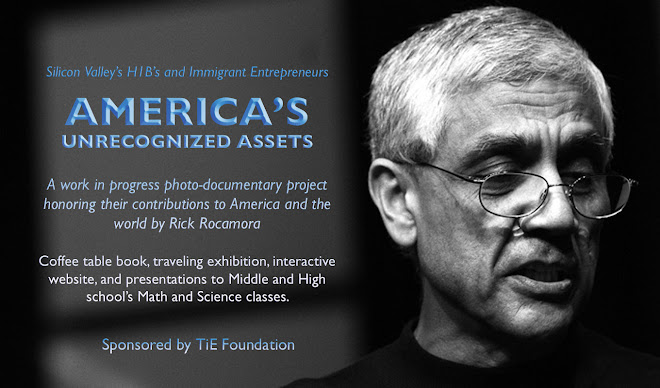
Raju Vegesna is an evangelist for Zoho and is one of the foremost thought leaders in the Office 2.0 revolution. Raju is one of the key people responsible for developing the strategic direction of the Zoho Suite. Prior to joining AdventNet, Raju co-founded an Internet services company serving the educational market. He holds a Bachelors degree in Computer Science.
Zoho is a remarkable company. They have out maneuvered all the usual suspects such as Microsoft, Google, and Salesforce at their own games. The entire operation has been boot-strapped and today, the company generates revenues of $40 million a year from all its divisions and makes a profit of $1 million a month. The company also does not hire MBAs or Ivy League school grads because business today moves so fast that they seek people with real world experience versus those who have learned it from a text book. Zoho was the winner of Best Web 2.0 Apps at our Web 2.0 Conference in January.









